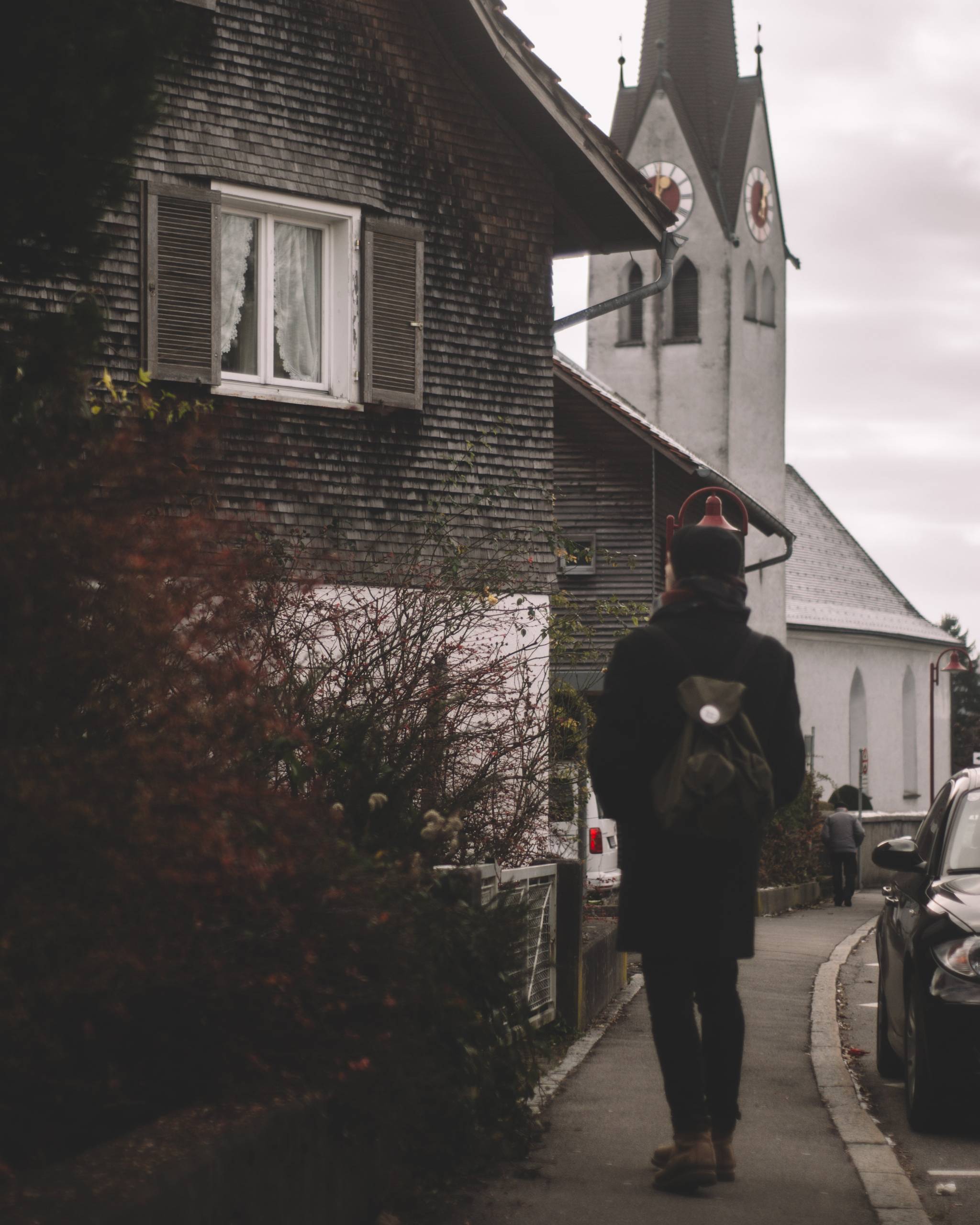
Many household incomes have been hit hard by the pandemic, but research shows that UK lockdowns have given rise to some ‘accidental savers’. As people are spending less by not going out, there's an opportunity to help them use these savings in smart ways. We explore the insights behind this and how people will be spending these savings.
Almost a quarter (24%) of Britons say the pandemic has changed their ability to save, for the better. An LCP report estimates that 6.4 million people may have become ‘accidental savers’ as a result of COVID-19 – mostly people on higher incomes who have been able to work from home. Having reduced their outgoings, nearly 70% say they were spending less on holidays due to lockdowns, just over two-thirds were spending less on meals out, and around half were spending less on daily transport.
“A concerted effort is needed to use this unexpected opportunity to create more of a savings culture, especially among those who may permanently benefit from reduced outgoings as a result of a switch to greater home-working,” says Sir Steve Webb, former pensions minister and partner at LCP.
In the Cultural Agenda of our 2021 Expert Outlook, we predicted that people will partake in a prolonged moment of collective indulgence when lockdown restrictions ease. We are already seeing this play out: in February 2021, people flocked to book holidays abroad after the government unveiled plans to ease the national lockdown. Travel operator TUI, for example, saw bookings increase six-fold. It's related to hyperbolic discounting, whereby people prioritise immediate rewards, such as the excitement of booking a holiday, instead of later rewards - even if the later rewards are greater.
There are opportunities to help people use their savings in smarter ways, such as creating a buffer for the future, paying off debt, or boosting their pensions. And studies have found that getting people to reflect on their saving goals can encourage them to give a higher initial contribution and save more money over time. For example, Nationwide recruited comedians to talk about the ups and downs of saving with its 'ISA savings' campaign.
Rebecca Smith is a senior behavioural analyst at Canvas8. She has worked with global clients including Google for Education, Dentsu Aegis, and Superbrands. Outside of work, you’ll find her searching for the UK’s best cacio e pepe or with her nose in a fantasy novel.



